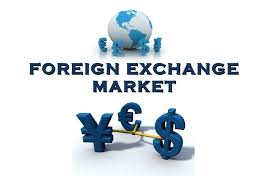Particularly when it was high (e.g., during the 1970s and the early 1980s), inflation
distorts company earnings because it acts as an incentive for them to over invest and
overproduce.
Should a company planning to expand the capacity of a plant around
4 years in the future decide to build it immediately, it would save 30–40% of its cost
in nominal terms, giving it a competitive advantage in terms of accounting costs.
Building up excess inventories is another temptation in high-inflation environments
because time increases the value of inventories, thereby offsetting the financial
expense involved in carrying them and giving rise to inflation gains in the accounts.
Inflation gives rise to a whole series of similar temptations of artificial gains,
and any players opting for a more cautious approach during such periods of
madness may find themselves steamrollered out of existence.
By refusing to build
up their inventories to an excessively high level and missing out on inflation gains,
they are unable to pass on a portion of them to consumers, as their competitors do.
Consequently, during periods of inflation:
1)depreciation and amortisation are in most cases insufficient to cover the
replacement cost of an investment, the price of which has risen;
2)inventories yield especially large nominal inflation gains where they are slow-
moving.
Click here for government certification in Accounting, Banking & Finance





5 Comments. Leave new
Very precise.
Very crisp article.
Crisp article..
Short but loaded with information 😀
Very well done 😀
I didint know that inflation has such effects but i do want to know much more about the same 😀
YOu should have added some points more which also should have given your blog a ready boost 😀
Good work 😀
precise and nice topic